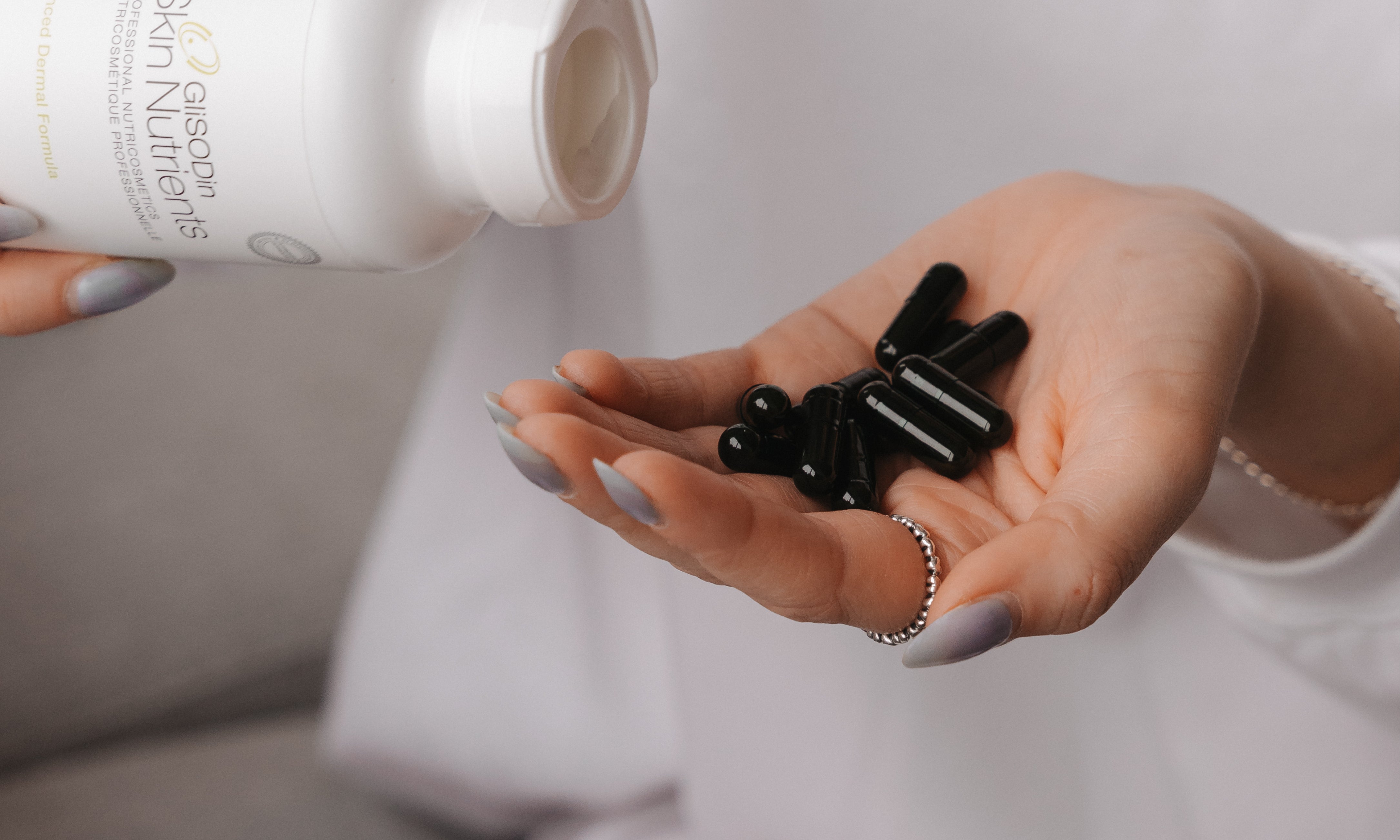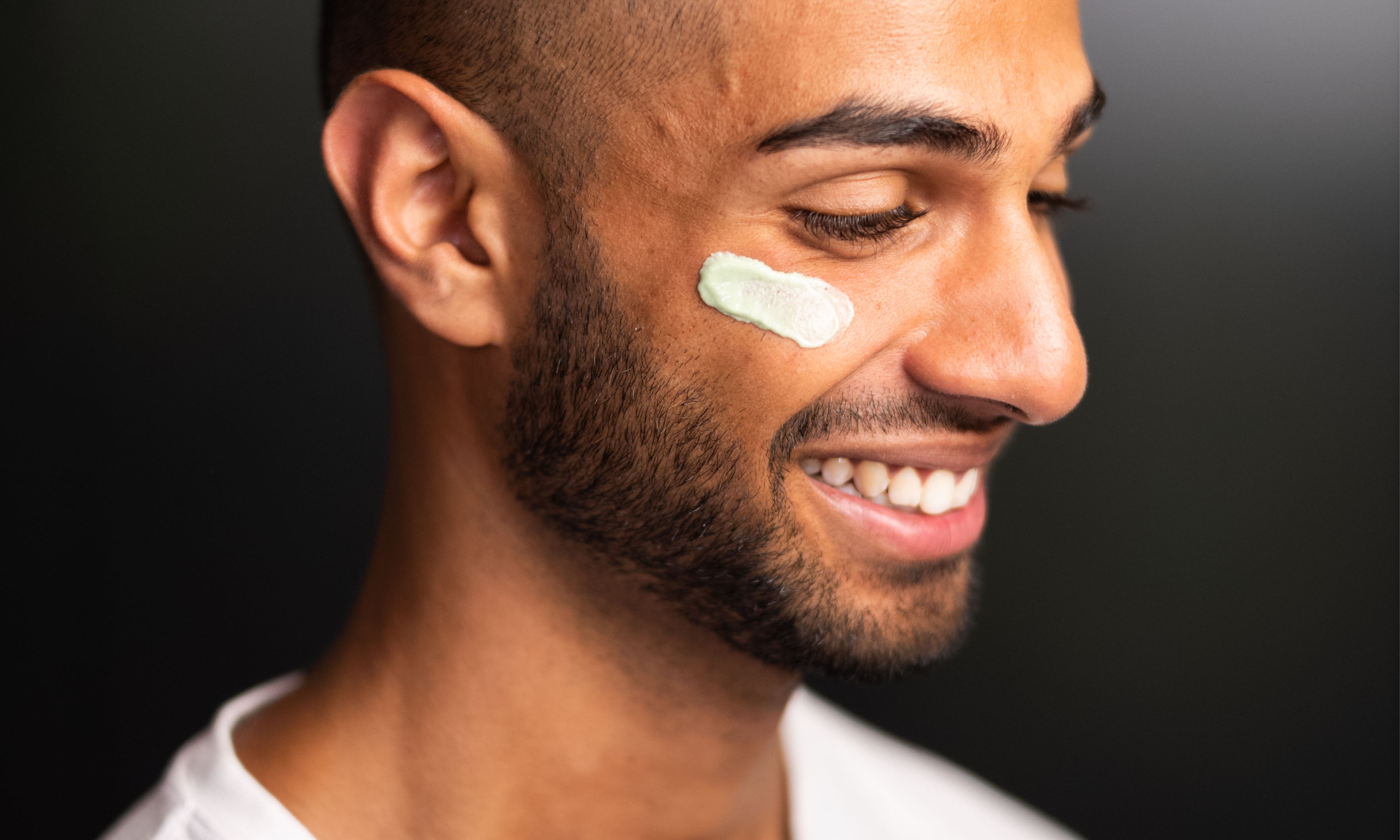
Understanding Pro and Prebiotics
Both prebiotics and probiotics are essential to human health. While they both sound similar, each are sourced in different ways and have different functions in the body. Both are found in our gut bacteria––also known as the gut flora, or gut microbiota––and eating balanced amounts of each keeps your gut and all of its functions running smoothly.
Let us break it down for you a little bit further:
WHAT ARE PREBIOTICS?
Prebiotics come from types of carbs (mostly fiber) that humans can’t digest––otherwise known as fiber.
Prebiotics act as a fertilizer to the microbiome, as they stimulate the growth and activity of healthy microorganisms. This means it helps keep your gut microbiota healthy and “active” so it can properly absorb nutrients (including probiotics!).
WHAT ARE PROBIOTICS?
Probiotics are different as they contain live organisms, usually specific strains of bacteria that directly add to the population of healthy microbes in your gut.
They provide numerous health benefits, such as helping your digestion, balancing your cholesterol, boosting your immune system, and even potentially reducing the severity of certain allergies and eczema.
WHY ARE THEY IMPORTANT?
Several factors can upset your gut microbiome’s balance, including a diet high in sugars and fats, stress, pesticides, antibiotics, and more.
The good bacteria in your digestive tract help protect you from harmful bacteria and fungi, so the more you “feed” it with healthy pro and prebiotics, the healthier it will be. The beneficial bacteria that populate our digestive tracts work in many ways, including:
- Protecting against harmful bacteria
- Regulating the responses of the immune system
- Strengthening the tissue of the bowel wall and aids digestion
- Enhances absorption of vitamins and minerals
- Help regulate weights
- Improves heart health
- Improves symptoms of depression
WHERE CAN YOU FIND THEM?
Before you go out and buy expensive supplements, remember that many foods naturally contain both. Prebiotics are found in legumes, beans, oats, bananas, berries, apples, garlic, flaxseeds, and more. Meanwhile, probiotics are found in unpasteurized or fermented foods, such as yogurts, sauerkraut, kimchi, kombucha tea, kefir (dairy and non-dairy), and more.
There are dozens of pro and prebiotic supplements, so it is important to do your research and speak with a registered dietician about the condition you wish to address with these supplements.
In conclusion: what you feed your microbiome will have the biggest impact on its health. And the healthier it is, the healthier YOU will be!
So until next time, take care of the skin you are in…from the inside out!
The BSE Team











Leave a comment